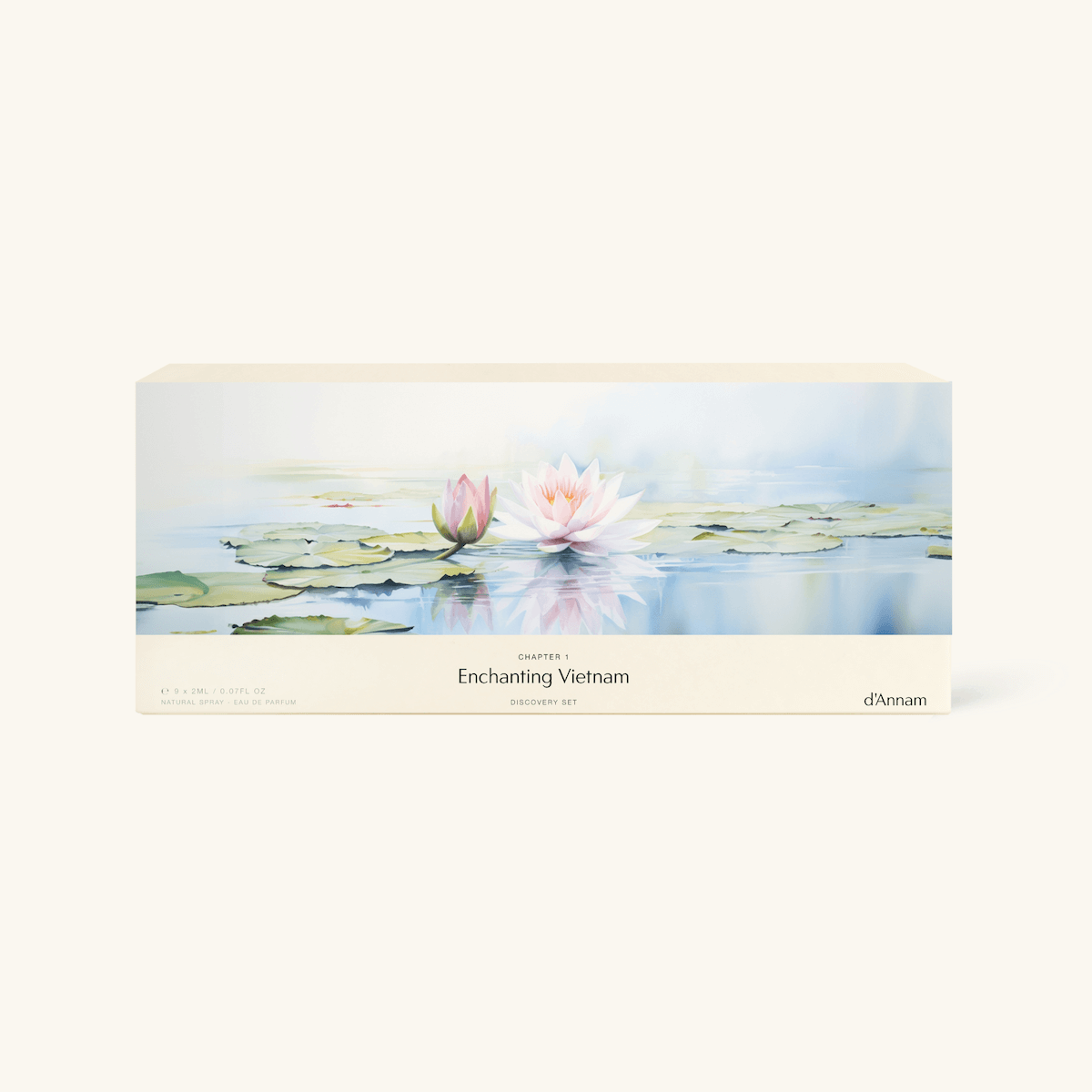Why Make Your Own Perfume?
Perfume is a powerful accessory that can complement your style, boost your confidence, and leave a lasting impression. While there are countless perfumes available in the market, creating your own signature fragrance gives you a unique opportunity to express your individuality. Not to mention, making perfume at home can save you money in the long run and allow you to tailor the scent to your personal preferences. So, if you've ever been intrigued by the art of perfume-making or are simply looking for a new creative endeavor, this guide will help you embark on your fragrant journey.
The Basic Components of Perfume
Perfume is composed of three main components: the top notes, heart notes, and base notes. These components come together to create a well-rounded and harmonious fragrance.
Top Notes
Top notes are the initial scents that you smell when you spray or apply perfume. They are usually light, fresh, and evaporate quickly. Common top notes include citrus fruits like bergamot and lemon, as well as herbal and green scents like lavender and mint.
Heart Notes
The heart notes emerge once the top notes dissipate. These scents constitute the main body of the perfume and are often floral or spicy in nature. Popular heart notes include rose, jasmine, cinnamon, and nutmeg.
Base Notes
Base notes are the foundation of the perfume, providing depth and longevity to the fragrance. They are usually heavier and have a more lingering effect. Common base notes include vanilla, sandalwood, musk, and amber.
Gathering Your Materials
Before you begin crafting your own perfume, it's important to assemble the necessary materials and equipment. Here's a list of the essentials:
- High-quality essential oils - for your desired top, heart, and base notes.
- A carrier oil - such as Jojoba oil or sweet almond oil. This will dilute the fragrance and help it last longer on your skin.
- Aromatherapy dropper bottles - to store your creations.
- A small funnel - to facilitate pouring your mixture into the bottles.
- A notepad and pen - for taking notes of your formulations and adjustments.
The Dilution Process
Creating your perfume involves diluting essential oils to achieve the desired scent strength and balance. The general rule of thumb is to use a 15% concentration of essential oil in a carrier oil. Here's a simple recipe to get you started:
- Choose your top, heart, and base notes. Consider experimenting with different combinations to find your perfect blend.
- Start by adding your base note essential oil. Use about 40% of your total essential oil amount.
- Add your heart notes, making up 50% of the essential oil amount.
- Finally, add your top notes, comprising the last 10% of your essential oil blend.
- Once you have your essential oils combined, add the carrier oil to dilute the fragrance. Use a 3:1 ratio of carrier oil to essential oil blend.
- Close the dropper bottle tightly and shake it vigorously to ensure all the oils are mixed thoroughly.
- Allow your perfume to settle for a few days to let the scents meld together. This aging process will help enhance the complexity of your fragrance.
Experiment and Evolve
Perfume-making is an art that evolves with practice and experimentation. The best way to create your signature fragrance is to keep refining your skills and exploring new scent combinations. Here are a few tips to inspire you:
- Take notes of your formulations and adjustments. This will help you understand what worked and what didn't, allowing you to improve your future creations.
- Consider adding a touch of unique ingredients like a hint of black pepper or a drop of vanilla extract. These surprising additions can provide an unexpected twist to your perfume.
- Experiment with different blends and proportions. Don't be afraid to mix and match various essential oils to create something truly extraordinary.
- Test your perfume on your skin to see how it develops and reacts with your body chemistry. Remember, fragrances can smell different on different individuals.
Final Thoughts
Making perfume at home opens up a world of olfactory creativity and self-expression. With a basic understanding of fragrance composition and a selection of high-quality ingredients, you can craft your own unique scents that perfectly align with your personality and preferences. Remember to be patient, embrace experimentation, and most importantly, have fun on your fragrant journey!











